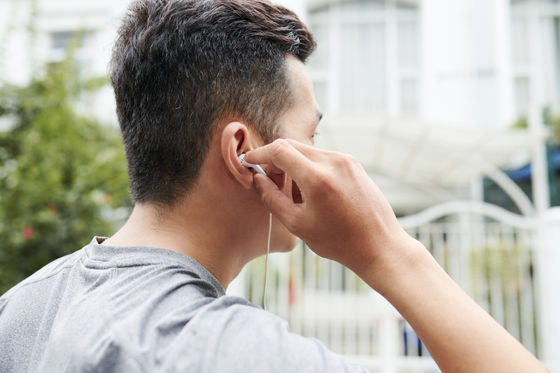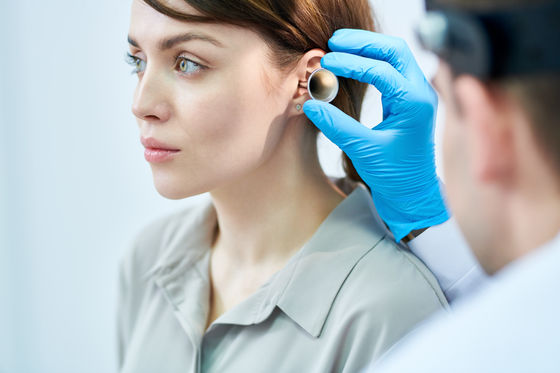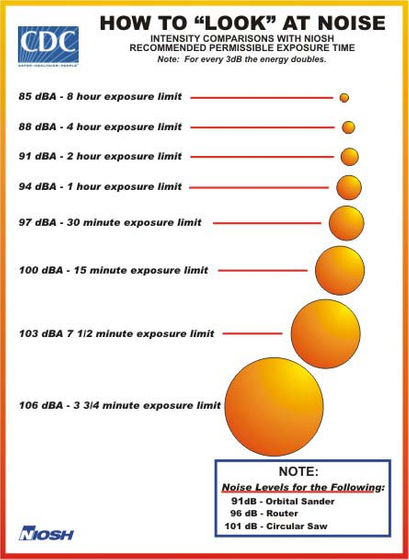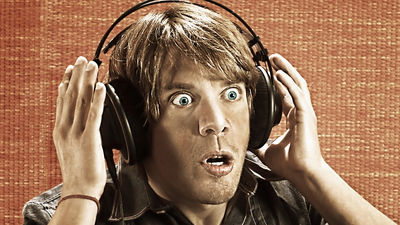What is the effect of headphones on my ears?

Some people are wearing 'headphones' all day to listen to music and radio. However, “Headphones can cause permanent damage to hearing,” said Peter Currieu of the University of Melbourne in Australia and Valery Son of Murdoch Children's Institute ``How to use headphones that do not hurt your hearing'' Is explained.
Are your kids using headphones more during the pandemic? Here's how to protect their ears
When exposed to excessive noise, hearing loss occurs due to damage to hair cells that play a role in transmitting sound and nerves that connect the cochlear canal to the brain. Hearing loss affects lifelong because hair cells and the like do not recover once broken. With the spread of headphones and earphones, headphone hearing loss resulting from continuing to listen to loud music with headphones and earphones has become a problem.

In recent years, especially hearing loss of children has been increasing. According to a
Few studies have investigated the relationship between headphones and hearing loss in children, but a Dutch research team found in 2018 that ``about 14% of children between the ages of 9 and 11 have hearing loss, of which about 40% say to wear headphones that is, 'said the respondents' listening to music survey results have been announced.
Regarding how to check if you have a hearing loss, Karew and colleagues replied, 'Children and adults have different subjective symptoms.' When suffering from hearing loss, adults say that they can't hear high tones clearly, they hear muffled sounds, or they have tinnitus, but in the case of children, their feelings are unknown. Therefore, there is a tendency to reply that 'bee wings are heard,' 'whistles are heard,' and 'the wind is blowing.' Callew and his colleagues advised children to have a hearing test, such as an otolaryngology, when they make these statements.

Two factors are involved in such hearing loss: loudness and length of listening time. As a way to keep the 'loudness' low, Karew and colleagues recommend
Also, when a child uses headphones, Mr. Carew and his colleagues advise that they should not be confused by the volume of sound leaking from the headphones they are wearing. Headphones with a noise canceling function do not let out any sound, so even if you listen to music at a high volume, people around you do not know. On the other hand, even if you hear loud music, the actual volume may be low if you are using open headphones that easily leak sound.
According to a survey conducted by the Center for Disease Control and Prevention in the United States and the Department of Health and Human Services, a sound of 85 decibels can be heard for up to 8 hours continuously. However, if you increase it by 3 dB, the amount of energy that the sound has will be doubled, and the allowable time will be reduced to 4 hours. In this way, even a slight difference in volume can greatly affect the hearing.

Since the effect of sound on hearing is cumulative, Karyu et al. “Listen to music through headphones, practice the instrument immediately after that, and then play toys and games that make loud sounds”. It is recommended to avoid “hearing loud” situations as much as possible. After listening to the loud noise for a while, he explained that you should rest your ears.
Related Posts:
in Note, Posted by darkhorse_log







